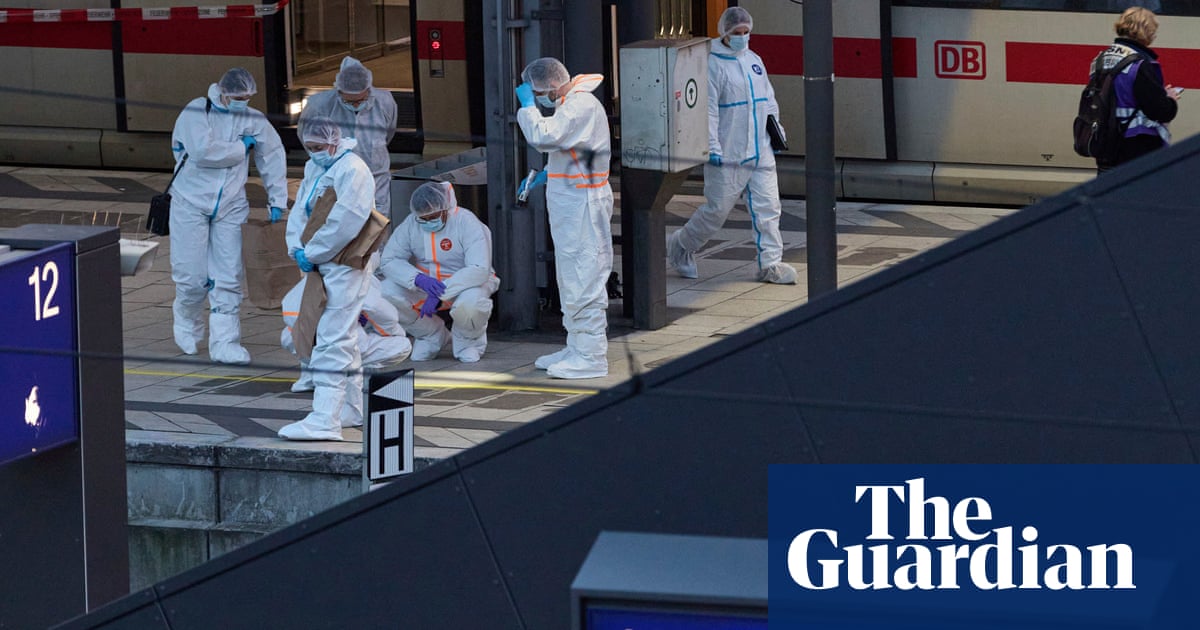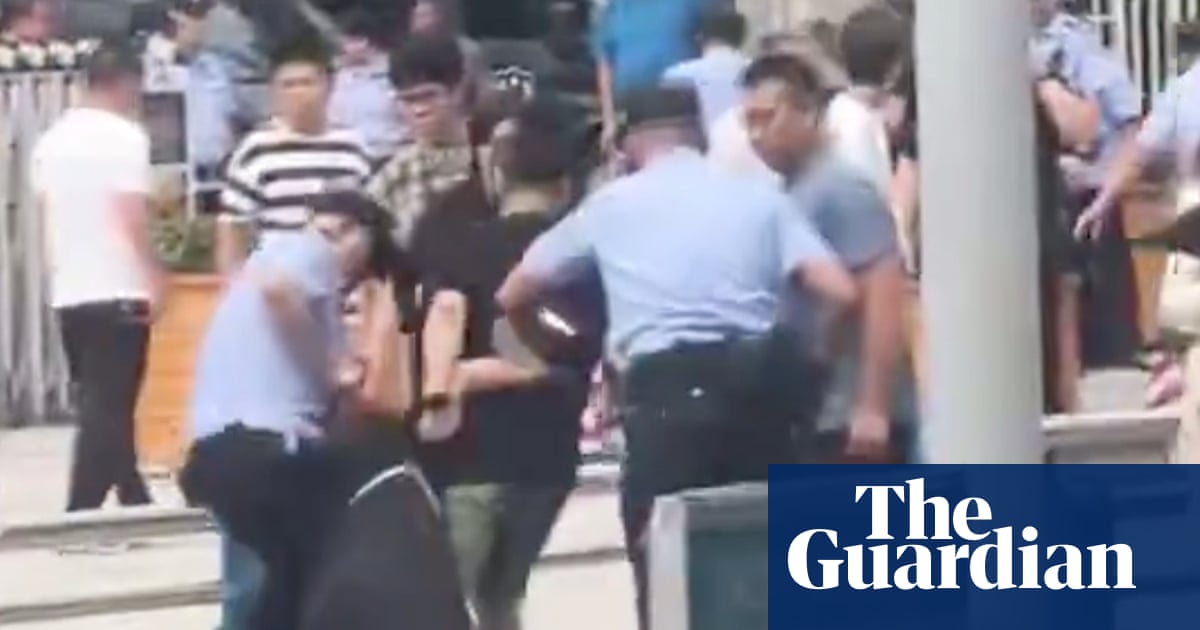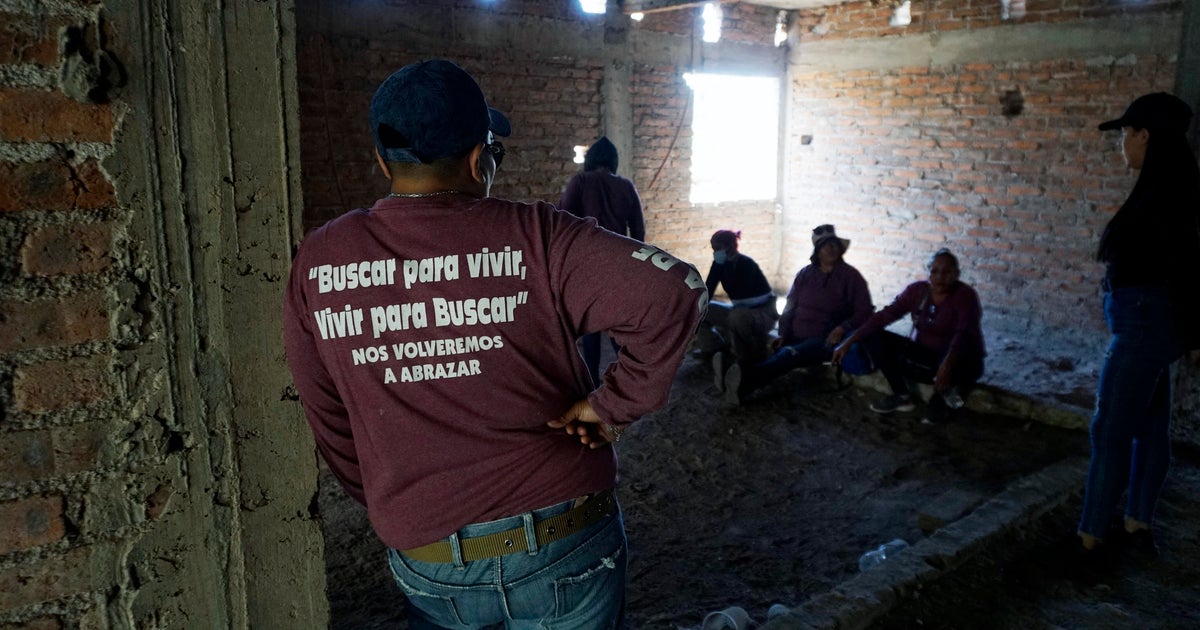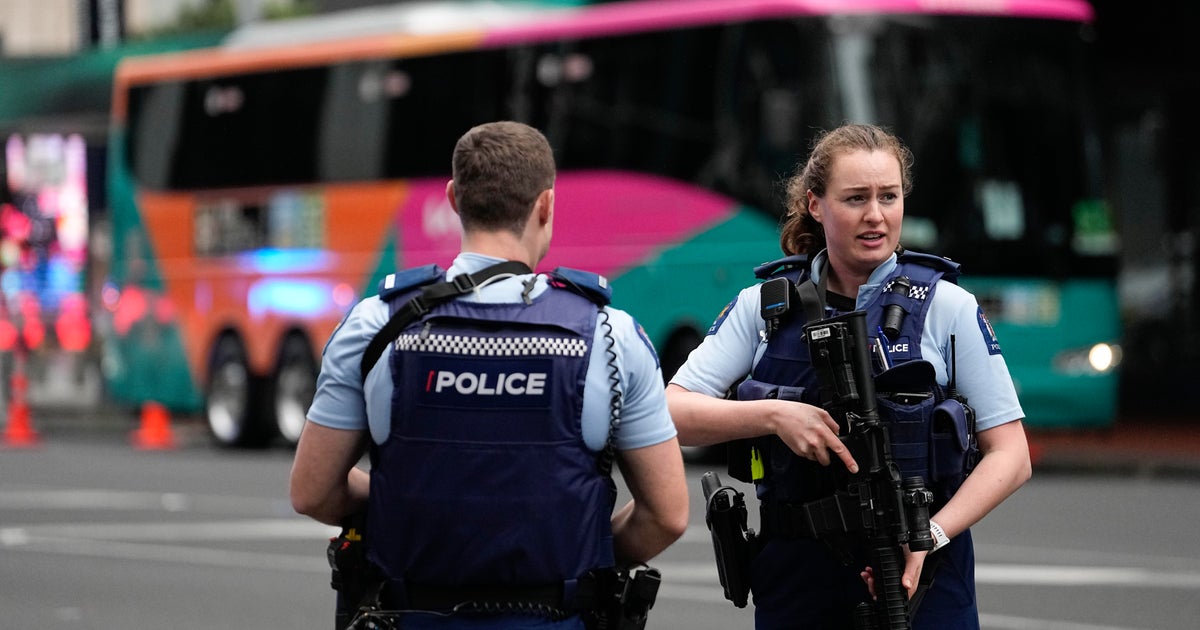Syrian Refugee Becomes Hero After Thwarting Knife Attack in Hamburg

A heroic act unfolded at Hamburg's main railway station when a 19-year-old Syrian refugee, Muhammad Al Muhammad, intervened to stop a knife-wielding assailant, leading to a significant response from local authorities and igniting a larger conversation about immigration and crime in Germany.
On a fateful Friday, police reported that a 39-year-old German woman had been arrested immediately following the attack, which left 18 individuals injured. Authorities believe that the woman was experiencing psychological distress at the time of the incident. Thankfully, all 18 injured parties were later declared to be in stable condition, while the woman was placed in psychiatric care for her mental health issues.
As the city of Hamburg was left in shock from this violent occurrence, Muhammad Al Muhammad was returning home to Buchholz, located about 25 kilometers from Hamburg, after visiting a friend. While he waited on the train platform, he witnessed a scene of chaos as a woman armed with a knife created panic among the crowd, causing people to flee in fear.
In a moment of quick thinking, Muhammad decided to take action rather than retreat. “I decided to run in the other direction and stop the woman,” he recounted in an interview with the German news magazine, Der Spiegel. He was not alone in his brave decision; another bystander, whom Muhammad identified as a man of Chechen descent, assisted him by kicking the woman in the knee, which caused her to fall to the ground.
“I held her [down] and pressed her hands against her rucksack so she couldn’t get up,” Muhammad explained. Remarkably, the woman did not scream or resist during the struggle, showcasing either her shock or a lack of will to fight back. Muhammad’s actions, alongside those of the other bystander, were crucial in preventing further injuries, as they managed to subdue the attacker until police arrived.
When law enforcement reached the scene, they quickly aimed their weapons at the situation. In a display of cooperation and understanding, Muhammad slowly moved away from the subdued woman, keeping his hands raised to signal his non-threatening intentions. Der Spiegel later confirmed Muhammad's identity and the critical nature of his intervention.
The news of Muhammad’s brave actions quickly spread throughout Germany, drawing attention to the broader societal issues surrounding immigration. Some observers have pointed out the stark contrast between Muhammad's heroism and the narratives pushed by the far-right anti-immigration party, Alternative für Deutschland (AfD), which has often sought to link immigration with crime. Despite their claims, a recent study conducted by the Munich-based Ifo Institute concluded that there is no significant correlation between migration and increased crime rates.
Adding to this complex narrative, a 2023 analysis highlighted that German media has disproportionately reported on violent crimes involving foreign suspects, with some reports being five times more frequent than those involving German suspects. This media bias was underscored by Deutsche Welle, amplifying the need for balanced reporting.
In light of these dynamics, journalist and political commentator Gilda Sahebi emphasized the importance of sharing Muhammad's story in her piece for Germany's Die Tageszeitung newspaper. “One is tempted to say: ‘See? An Arab – his name is Muhammad, no less – is a hero!’” she articulated, pointing out the need to confront the pervasive racism that has seeped into political and public dialogue in Germany.
After the incident, Muhammad recounted how he was questioned by police regarding the event. He was pleasantly surprised when officers expressed their gratitude for his courageous actions, even buying him a cappuccino, which he described as a gesture that made him very happy. Muhammad's bravery not only saved lives but also injected a much-needed narrative of heroism into the ongoing discussions about refugees and immigrants in Germany.



























